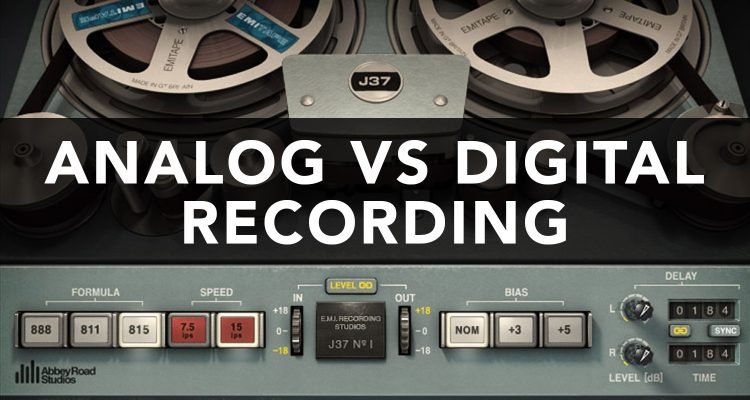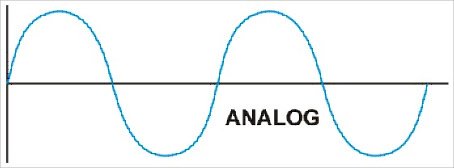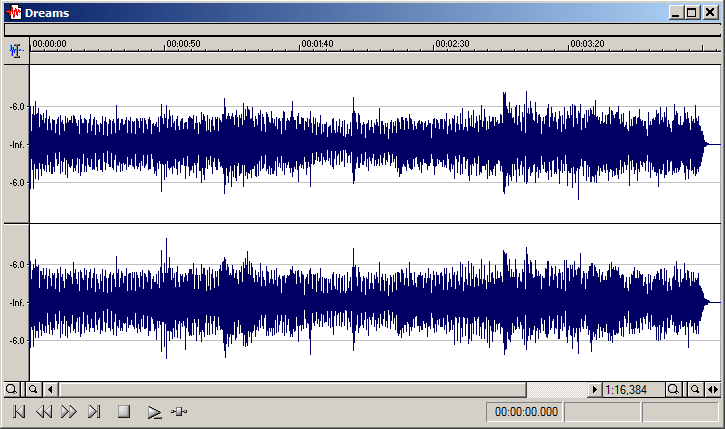
Analog vs. Digital

Analog
• stable & robust
• warm
• hard to edit
• linear
• noisy copies
• speed not perfect
• expensive
• needs maintenance
Digital

• less stable; delicate
• potentially “cold”
• easy to edit
• nonlinear
• perfect copies
• perfect speed
• cheaper
• maintenance-free
Would love to hear form other pro-audio or music people here. Say hi!
I am learning to use my digital gear now. Just getting into it. I wish I still had analog gear though. As far as digital goes, I am trying to be mobile, so analog is just not an option.
What kind of gear did you get?
I'm using Focusrite stuff at the moment - well starting to use it. I have the Dock for the iPad.
I generally do everything digitally because I can't afford a ton of analog equipment nor do I have much space to store it all. Plus, when I perform, I want my set up to be as minimal as possible and I also don't want to have to carry more than necessary. There are also of analog purists out there, and its fine if that's their preference, but for my purposes, digital works just fine.
Tape is just too expensive now. I have talked to some studios and they say they have the option available but nobody really uses it. Agreed unless you can fix the equipment and you don't mind splicing tape, digital is it.
What do you mean by "potentially “cold”"
If warm is a boost of mid frequency tones then do you mean cold is a cut in mid frequency tones?
digital recording is a reproduction of the source that does NOT degrade with time and use.
analog recording is a reproduction of the source that does degrade with time and use.
Clock Jitter is the problem with digital, but good (very expensive) equipment can reduce this issue.
Analog is plagued by noise, noise that compounds with every element in the chain.
It is not an eq thing really. But I agree you can warm it up some. Agreed the chain in analog is noisy .A lot depends on gear and sampling rates. Analog is warmer because you are hearing the whole wave, a continuous signal. Not dealing with bits. In digital , the source signal is sampled, so in essence if the interval is set properly it may only sample the signal every 1000th of a second (for arguments sake). So every 1000th of a second, the input signal is sampled and when this same signal is output after processing it has to transformed back to analog. In this process, it mathematically interpolates where the signal should be between the samples. In essence you are losing information but if the sampling frequency is high enough you shouldn't be able to tell the difference according to the MATH. But the reality is that we can tell the difference.
I don't think we will ever go back to tape. Its just to easy to use a a DAW. Plus hardware is getting better all the time.
I've only done digital recordings. Would love to try analog some day though.